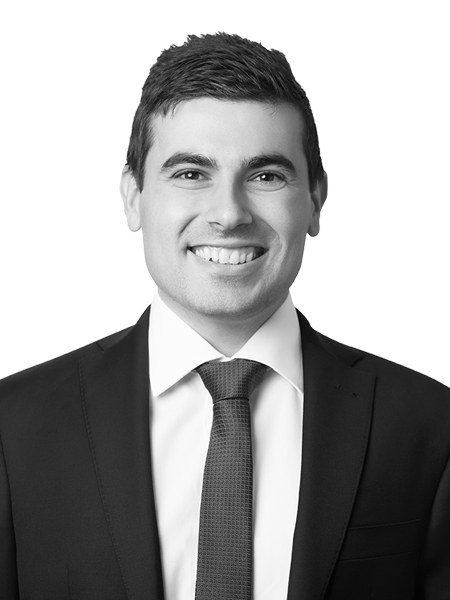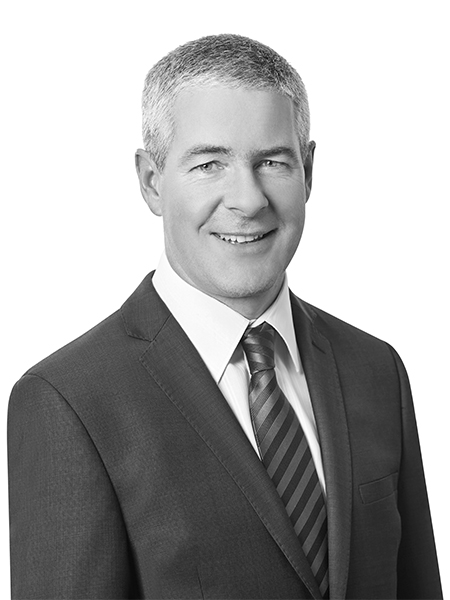Estate Planning
What happens to my wealth in the event of death? Estate planning is often overlooked as many do not understand that it is the cornerstone of a comprehensive financial plan.
Estate Planning
What happens to my wealth in the event of death? Estate planning is often overlooked as many do not understand that it is the cornerstone of a comprehensive financial plan.
How can I ensure my family is supported?
Estate planning is more than just wills. It does not matter how little or how much you have. It is about developing a strategy that passes on your assets to your nominated beneficiaries in the most effective way with peace of mind.
Benefits of estate planning?
A thorough estate plan will ensure that:
➔ Your family is financially supported should you pass away
➔ Disputes or messy legal proceedings are avoided
➔ Unexpected excessive tax obligations are avoided
A comprehensive estate plan ensures that your hard-earned assets are protected and distributed as per your wishes. Please do not hesitate to get in touch to discuss creating a thorough estate plan.
What do I need to keep in mind when planning my estate?
Many people aren’t sure what estate planning is or assume it’s not something that needs to be looked at until much later in life. This isn’t the case. Your estate is much more detailed than a will, and there are a few things to keep in mind. The ten key considerations for estate planning are:
- Family structure
- Choosing your executor and trustee
- Power of attorney
- Enduring guardianship and advanced care directives
- Your assets
- Testamentary trust
- Your superannuation
- Business succession
- Beneficiaries receiving government benefits
- Excluded beneficiaries
There’s no one-size-fits-all when it comes to family! You’ll need to map out each family member and decide whether you would like them to benefit from your estate or not.
This is one of the most important decisions you’ll make when it comes to estate planning. Your executor and trustee will be the ones who manage your estate when you pass. If there is conflict in the family, it may be wise to choose a neutral party to undertake the role of the executor.
A power of attorney is a legal document that appoints an attorney to deal with property and financial matters on your behalf. This might be, for example, if you are travelling overseas for an extended period and need someone to sign documents on your behalf.
Enduring guardianship is something you can set up where you elect a person to take care of your health and medical conditions if you become incapable of doing so yourself.
Your list of assets and liabilities will help determine the overall value of your estate, as well as how and when the assets should be distributed, the appropriate structure of the will and whether a testamentary trust would be beneficial.
A testamentary trust is only established once someone has passed away. It manages all assets of the deceased person, including how they are shared with the beneficiaries.
Your superannuation isn’t automatically part of your estate assets. Most superannuation funds let you nominate your beneficiaries in the event something was to happen to you.
If you run your own business, this will need to be considered when it comes to estate planning. What’s going to happen to the business if you’re no longer around?
Something to take into consideration is whether the beneficiaries of your estate are currently receiving any support or government payments. Receiving a lump sum from an estate may impact these payments.
Remember, even though it is your money, you simply can’t exclude beneficiaries from your estate if they may be entitled to something.
Latest Blogs
Find an Inovayt Financial Planner near you
- Melbourne
- Brisbane
- Sunshine Coast
- Central Coast
- Hunter Valley
- Lake Macquarie
- Nelson Bay
Our experienced and friendly team can provide you with lifetime financial solutions by understanding your individual needs and goals.
1300 354 355
info@inovayt.com.au
Start your journey, contact Inovayt today
1300 354 355
Send us an email
info@inovayt.com.au


















